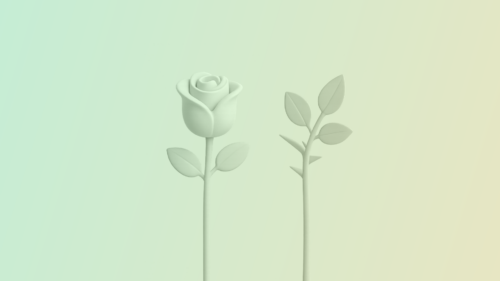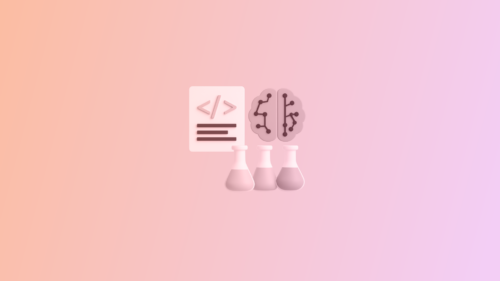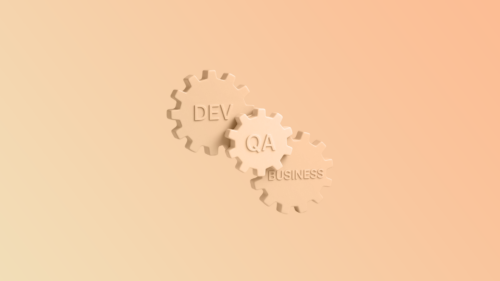VALA’s professional communities – Part 3
04.08.2020
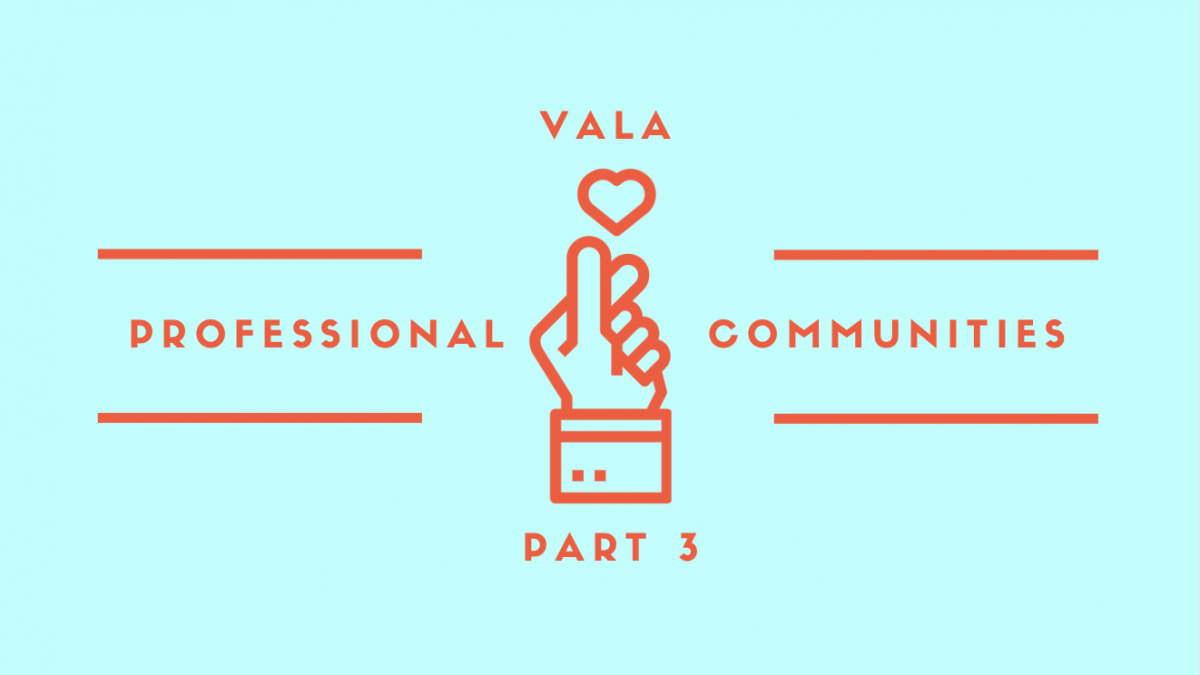
At the moment, VALA is made up of 107 people. These 107 people work within various fields, from test automation to customer management, software development to people operations and test management to DevOps.
Working in a business that is not time- or location-specific, we have to find innovative ways of:
- Sharing knowledge and learning from each other.
- Getting inspired and motivating each other.
- Offering both emotional and technical support to each other.
One of the most transformative solutions to this challenge, have been the communities within VALA, that have been sprouting up like mushrooms in the rain during the previous year or two. These communities are made up of people who share a similar interest, and want to meet up to workshop various topics within the realm of their passion. VALA people can belong to as many communities as they want, and anyone can create a new community around their interest of choice.
In this three post blog series, we will hear from the brave VALA people, who act as community facilitators. We will hear their thoughts and stories on why the community exists and what the future holds for each community. The three blogs cover the following communities:
- Mhub (Quality Assurance) & ACE (Automation)
- DevOps, AI (Artificial Intelligence) & SDC (Software Development)
- Bizzcult (Business & Culture) & People skills
In this third post we’ll cover the Bizzcult- and People skills-communities.
BIZZCULT: BUSINESS & CULTURE COMMUNITY
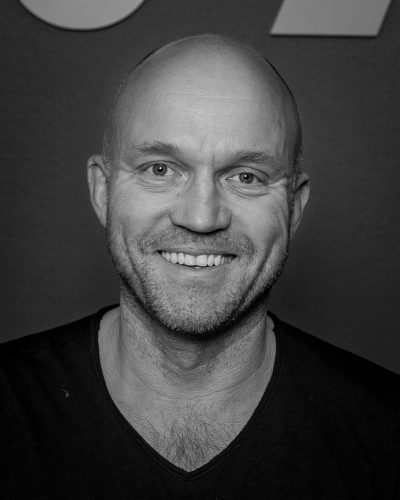
Hi Sami! Hope I’m not interrupting you. Why does the BizzCult community exist?
Transparency, openness, inclusion and internal entrepreneurship are essential principles at VALA. However, we are constantly in the process of further developing these characteristics, and the company culture as a whole. I strongly believe, this development cannot be done from top to bottom, but rather, collectively with everyone involved.
This thought-process was behind the formation of the community, and the name of the community was decided during the very first community meaning. The name comes from the combination of two words: business and culture, because we believe that these two exist strongly linked together, one affecting the other and vice versa. The community’s purpose is to discuss, workshop and function as a decision-making platform on all culture and business related matters.
Who is the community for?
The community is for all VALA people, interested in making an impact and being part of the decision-making process regarding the community and the company as a whole. We spend a large part of our lives at VALA, and this community enables people to develop the company in the direction that they believe VALA has the potential to go, and the direction that supports the personal journey they themselves are on. This direction can be anything from the technical direction they are on, to soft skills or societal responsibility.
What’s your best memory from the community?
The very first community meeting. We started with an introduction round, in which people assembled VALA from legos. This is pretty much what it’s all about — imagining and building VALA collectively.

Food of choice during the community workshop intermissions?
Smoothies.
What does the future of the community look like?
One of the objectives is that the community develops in unison with the development of the rest of the company, and the world around us. I hope the community will be adaptable and agile to the changes around us. By this I mean that the community will always be able to process and tackle the relevant topics to our business, people and culture at every given point of time.
Do you have a dream topic that the community hasn’t yet workshopped?
I’d like to delve into the possible gap between our company strategy and daily work life, and how to better bring these two closer together on a daily basis. This is of course at the very core of what the whole community does during every workshop, but I’d also like to have a specified workshop on the matter to really dive deep into the topic with everyone.
If the community would take an excursion, where would you want to go?
The Koskenkorva factory came to me instinctively. But maybe I’d prefer LegoLand in Denmark, in order to continue on the theme that started at the very first BizzCult workshop.
Sounds like an epic adventure! And what would be the theme song for the community?
Haha, brilliant question. This is a difficult one though.. No wait, I have it: Laineen Kasperi – Ikuisten lasten laulu!
What a legendary tune! Any last thoughts or greetings?
Thank you to everyone for participating in the workshops, it has been an absolutely lovely journey. And to those who haven’t yet been able to take part, remember that everyone is welcome at any point in time. Participation does not have any prerequisite requirements or knowledge. And there are no right or wrong answers at BizzCult.
Great, thank you Sami!
PEOPLE SKILLS COMMUNITY
Hello all! What a great bunch we have here. Now, one by one please, why does the community exist?
Jari: The community exists because people skills are extremely interesting and important. I also think it’s essential we talk about the topics of people skills, behavioural skills or “soft skills” as a group.
Leena: If you think about the field of work we are in, we really need quality-focused people, who are always looking for new ways of developing themselves, questioning the traditional ways of working, and creating new methods to replace the outdated ones. As consultants, we are often required to bring forth new technological advances to our customers, evaluate whether they are suitable for a specific customer, and possibly implement them accordingly to the customers culture and business. Creating these new ways of working and influencing people to get onboard with them, requires good people skills.
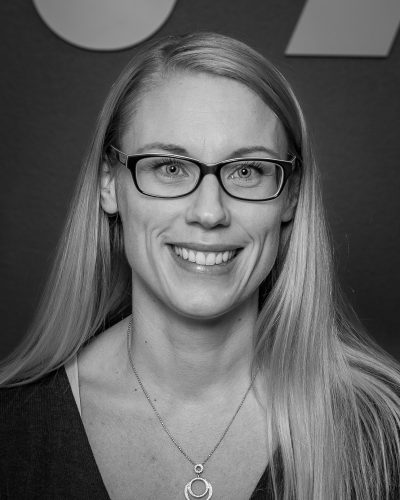
Tomi: Consultants shift from project to project, and this requires excellent people skills. Technical know-how isn’t enough when you are integrating into a new environment, learning new working methods and being introduced to a whole new team time after time. Communication and behavioural skills come into focus in all these situations.
Who is the community for?
Leena: Hopefully every single person at VALA!
Tomi: Especially for the ones who don’t want to attend.
Jari: Well said. The community is intended for everyone but especially for people who think they don’t have a need for these skills. They are the ones that the community is most useful to!
Food of choice during the community workshop intermissions?
Tomi: Street food type food that doesn’t require cutlery.
Leena: I have full trust in Anna (VALA’s Office Manager), who usually chooses the grub.
Jari: The meatless-office principle has been excellent.
What does the future of the community look like?
Tomi: I hope it’ll always be a low threshold community, to which people feel comfortable attending. I hope it fosters a culture of receiving support and help and being able to develop yourself.
Jari: I hope people feel a strong sense of cohesion within the community. The objective is that we’re able to pick through and ponder our experiences together as a group, but that the community also offers a personal journey of self-realization and development. The community is not only about sharing and discussion. We’re here to really strategically develop ourselves.
Leena: I’d love it if people will always be willing to really throw themselves into the exercises unabashedly. It requires bravery to turn the gaze on yourself and see ourselves for who we are. But I believe that we will come out of that as kinder and more self-confident people.
What topic would you personally like to develop your skills in?
Jari: Hmm… There are so many. One rather large theme that comes to mind is occupational learning. Over the years, I’ve noticed how I don’t consciously focus on what I’m learning at a given time, and I’d like more structure around this.
Tomi: I recognize this. I really want to approach my weaknesses and develop on this systematically. For example vocalization and the use of voice are interesting to me.
Leena: I’m interested in conflict resolution in teams. Conflicts are like raw food: it gets sour if you leave it be, but if you tackle it when it’s fresh, it has the potential of being a really fantastic building material for wellbeing.
Inflamed teams might be caused by a minor conflict that was simply never processed and resolved. It’s important to address the conflict as soon as possible, and when this is done, the conflict can become a very constructive building block for the entire team.
If the community would take an excursion, where would you want to go?
Leena: I believe a non-violent communication course would be useful for everyone working with other people. Or an improvisation theatre would be great for supporting innovation at work! All of work-life can learn from the principles used in improvisation theatre on how people are expected to receive and react to others’ ideas.
Jari: It would be fun for people to be able to step out of their own bubbles and get the chance to meet people from completely different walks of life. Understanding how vast human diversity is, strengthens our sense of empathy, as well as innovation and imagination. These values are extremely important in our work and our lives.
Tomi: I’d also like to really see us step outside of our comfort-zone. For example with the people without any prior singing experience, it could be fun to go singing and learn about our vocal cords and what they’re capable of.
What’s the most important (people) skill to have in your line of work?
Leena: Empathy.
Jari: I’d say the same. In addition to empathy, I’d say the skill of listening. Even a sales person’s most important skill is to listen to what the customer needs. This is directly correlated to a consultant’s skills of understanding the customers needs and delivering them.
Tomi: Also relating to empathy, comes understanding people. Understanding how different people react to situations, helps you get along with them and reach your objectives. However, it’s also good to sometimes push people outside of their comfort zone and challenge them, and not try to constantly “read them” and guess what’s the best approach for them.
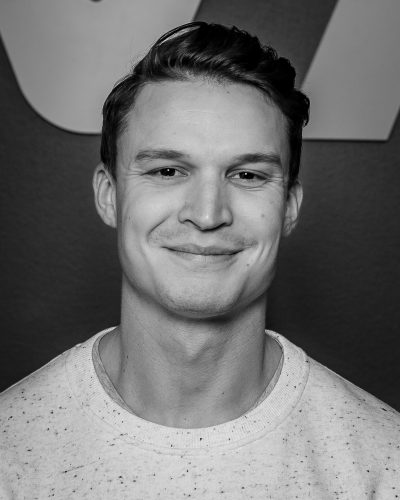
What superpower would you like to have?
Leena: I’d like to be able to teleport myself from place to place. Maybe even teleport myself in time..
Jari: Jedi mind tricks.
Tomi: Reading other people’s minds.
Leena: Really? I’d get depressed if I was able to read other’s minds.
Tomi: Or you might be pleasantly surprised. Maybe people are better than what you expect them to be.
Leena: Hmm.. interesting food for thought.
Truly is. Thank you guys!

